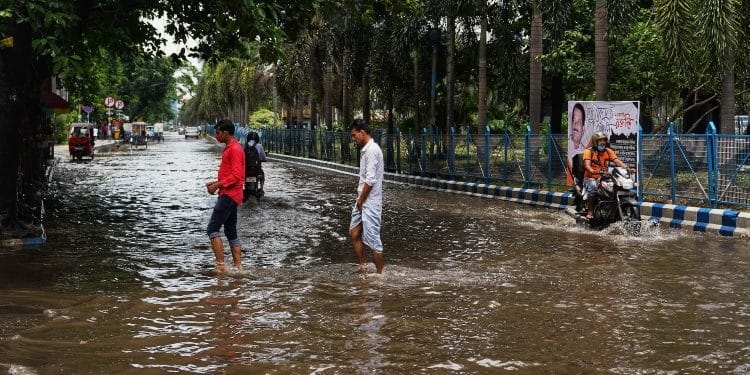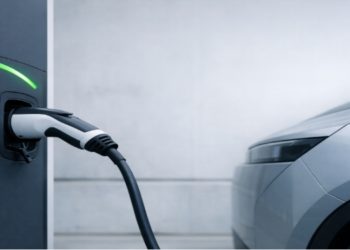Global warming is an environmental phenomenon caused by the emission of harmful, heat-trapping gases into the atmosphere. While climate experts and environmentalists have long warned the public of the threat posed by man-made global warming (and called for changes to global environmental policy), it is only in recent years that its effects have become more tangible and alarming – but exactly are its effects and how could climate change put UK road users at risk?
The current effects of global warming
While rapid global warming is likely to have a more severe impact on future generations in decades to come, its effects on our current climate are increasingly apparent – we’ve already seen rising sea levels, melting glaciers and more intensive heatwaves as a result of man-made global warming, whereas severe weather damage and rising global temperatures are likely to become more normal as humans continue to emit greenhouse gases.
How life is becoming more hazardous
Although it can be difficult to relate the seemingly abstract notion of global warming to our everyday lives, the recent chaos seen across transport networks on the continent in response to uncharacteristic heat waves is a great indicator of the potential hazards posed by global warming – UK roads (not designed to withstand such high temperatures) are prone to cracking and ridging in extreme heat, whereas more ice and frost on road surfaces in the winter has led to an increased necessity for purpose-built winter car tyres to provide extra grip; as if there weren’t enough potential hazards on the road, rail tracks in the UK and Western Europe are more likely to buckle and warp in extreme heat, whereas instances of wildfires in rural areas are also on the rise. It’s important not to underestimate the physical health risks associated with heat waves and plummeting winter temperatures, especially considering the current cost of living crisis and rising fuel and energy bills.
What can be done to fight climate change?
While climate change and global warming are largely irreversible, it’s not too late to slow down the process and do your bit for the environment while you still can. The best ways to fight climate change as an individual include making your home more energy-efficient (this can be easily done by replacing old appliances, installing insulation and making use of renewable energy sources to power your home), limiting your use of power and electricity, using your car less often in favour of more eco-friendly modes of transport such as cycling or walking (or switching from a diesel or petrol-powered motor to an electric vehicle (EV)), and ensuring that you always recycle. By taking these small and simple steps, you can work towards reducing your household’s carbon footprint and harmful emissions.
David Prior
David Prior is the editor of Today News, responsible for the overall editorial strategy. He is an NCTJ-qualified journalist with over 20 years’ experience, and is also editor of the award-winning hyperlocal news title Altrincham Today. His LinkedIn profile is here.


![7 Best POS Software in the UK [2026 Edition]](https://todaynews.co.uk/wp-content/uploads/2026/02/7-Best-POS-Software-in-the-UK-2026-Edition-360x180.png)










































































